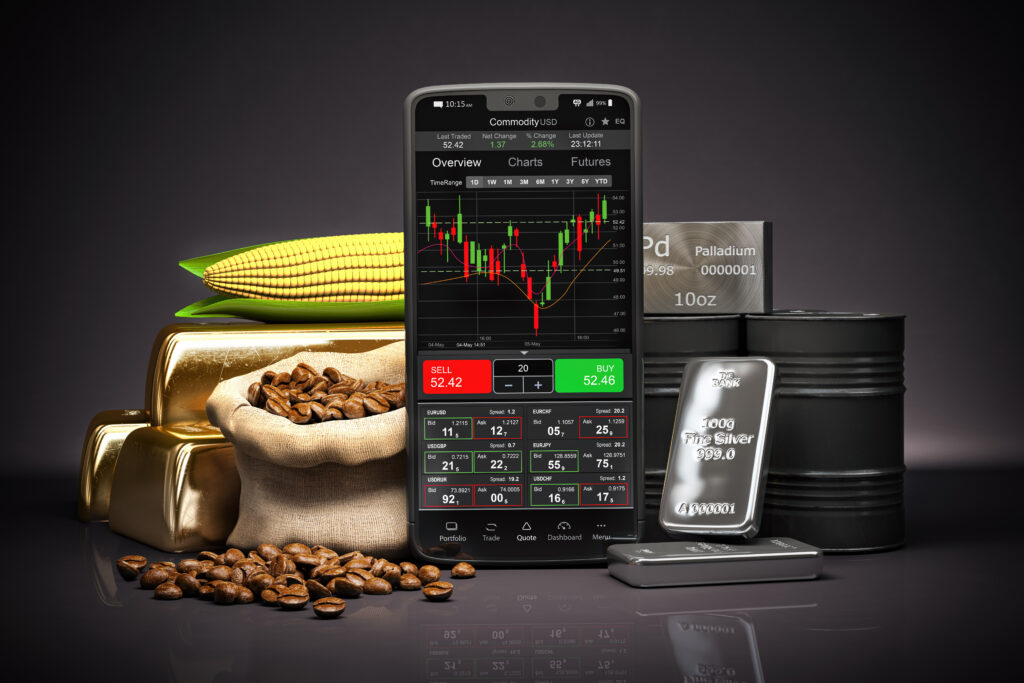Forex Market Reactions to International Patent and IP Laws
Introduction
The global forex market is a dynamic and interconnected web of currency exchange, shaped by a multitude of factors, including economic data, geopolitical events, and central bank policies. One often underestimated but highly influential factor in forex market dynamics is the ever-evolving landscape of international patent and intellectual property (IP) laws. These laws, particularly in sectors like technology and pharmaceuticals, exert significant influence over global trade, making it essential for forex traders and investors to understand their impact.
In this comprehensive article, we will embark on an exploration of how changes in international patent and IP laws resonate within the forex market. We will delve into the intricacies of these legal frameworks, with a specific focus on the technology and pharmaceutical sectors. By examining case studies, historical data, and the correlation between IP law developments and currency movements, we aim to shed light on a crucial yet often overlooked aspect of forex market analysis.
I. The Foundation of International Patent and IP Laws
II. The Intersection of Technology, Pharmaceuticals, and IP Laws
The technology and pharmaceutical sectors stand at the forefront of innovation, and their intellectual property (IP) laws play a pivotal role in shaping forex market dynamics. In this section, we explore the intricate relationship between these sectors and IP laws, delving into the influence of patents on innovation and currency values. We also analyze historical examples to gain insights into the impact of IP law changes on currency trading.
A. Technology Sector
- Patents and Tech Innovation: The Driving Force
- Innovation Catalyst: Understand how patents drive innovation in the technology sector. IP protection encourages companies to invest in research and development, leading to groundbreaking technologies that can influence forex markets.
- Market Reaction: Explore how the forex market reacts to technological breakthroughs protected by patents. The anticipation and adoption of new technologies can impact currency values as investors assess their economic implications.
- Case Studies: IP Law Changes and Currency Values
- Evaluating Impact: Examine case studies where changes in technology-related IP laws affected currency values. Real-world examples provide insights into how legal developments can trigger forex market responses.
- Sector-Specific Influences: Analyze the effects of IP law changes on specific technology subsectors, such as software, semiconductors, or telecommunications, and their unique impacts on forex markets.
B. Pharmaceutical Sector
- Drug Patents and Forex: A Complex Nexus
- The Role of Drug Patents: Explore the connection between pharmaceutical patents, drug discoveries, and forex market reactions. The pharmaceutical sector’s reliance on patents to protect intellectual property creates a distinct link between drug innovation and currency values.
- Market Sensitivity: Understand why the forex market is particularly sensitive to pharmaceutical IP law changes. Drug patents can represent substantial economic value and influence currency movements.
- Historical Examples: IP Law Shifts and Currency Trading
- Analyzing the Data: Dive into historical data to understand the impact of pharmaceutical IP law changes on currency trading. By examining past instances, we can identify patterns and trends in currency movements driven by legal developments.
- Global Perspectives: Consider the global nature of the pharmaceutical industry and how changes in IP laws across different countries can have far-reaching effects on forex markets.
The intersection of technology, pharmaceuticals, and IP laws is a complex and influential space within the forex market. Understanding how patents drive innovation, the market reactions to technological breakthroughs, and the connection between drug patents and currency values is essential for traders and investors. By analyzing historical examples, market participants can gain valuable insights into the impact of IP law changes on currency trading and make informed decisions in a rapidly evolving global marketplace.
III. Forex Market Response to IP Law Developments
IV. Risk Management Strategies for IP Law-Driven Volatility
A. Hedging and IP Laws
- Hedging in Forex: Understanding hedging strategies and their relevance in managing risk during IP law-driven market turbulence.
- IP Law-Specific Hedging: Tailoring hedging techniques to mitigate risks associated with IP law changes.
B. Case Studies of Successful Risk Mitigation
- Real-world Examples: Analyzing case studies of traders who effectively managed risk during IP law-related market fluctuations.
- Position Sizing: The role of position sizing and leveraging in risk management within the context of IP law changes.
V. The Broader Implications of IP Laws on Forex Markets
Conclusion
Read our latest article on Global Economic Forums
FAQs
- What are international patent and intellectual property (IP) laws, and how do they relate to forex markets?
International patent and IP laws protect various forms of human creativity and innovation, including patents, copyrights, trademarks, and trade secrets. They intersect with forex markets by influencing investor sentiment, currency movements, and risk perceptions.
- Why are IP laws, particularly in the technology and pharmaceutical sectors, significant for forex traders and investors?
IP laws in these sectors directly impact economic activities, technological advancements, and innovation, making them influential factors in currency valuations and investor decisions.
- What is the role of the World Intellectual Property Organization (WIPO) in international patent standards?
WIPO plays a crucial role in setting global patent standards, fostering uniformity, and promoting innovation on a worldwide scale.
- How do changes in technology-related IP laws affect forex market dynamics?
Changes in technology-related IP laws can lead to shifts in market sentiment and currency values. Anticipation of technological breakthroughs and their economic implications can influence trading decisions.
- What is the connection between pharmaceutical patents, drug discoveries, and forex market reactions?
Pharmaceutical patents play a vital role in protecting drug innovations. Their impact on the forex market is significant, as currency values can respond to the economic value of these patents.
- How do legal developments in IP laws influence investor confidence and risk appetite in the forex market?
Legal developments in IP laws can impact investor sentiment by either boosting confidence or introducing uncertainties. This, in turn, affects traders’ risk appetite and trading decisions.
- What are the immediate and long-term effects of IP law changes on currency values?
IP law changes can trigger immediate currency movements as traders react to breaking news. Long-term effects involve sustained currency valuations influenced by the evolving legal framework.
- How can forex market indicators like the Volatility Index (VIX) be used to gauge market sentiment in response to IP law developments?
Volatility indices like the VIX reflect changes in perceived market risk and can provide insights into how IP law changes influence sentiment.
- What risk management strategies should traders employ during IP law-driven market turbulence?
Traders should consider hedging strategies tailored to IP law risks, including options and derivatives. They should also adjust position sizes and leverage to mitigate potential losses.
- Why is it crucial for policymakers and investors to remain vigilant about the broader implications of evolving international patent and IP laws?
The evolving legal landscape can have far-reaching effects on various industries and economic stability. Policymakers and investors must monitor these changes to make informed decisions and adapt strategies accordingly.
Click here to read more on IP Laws

